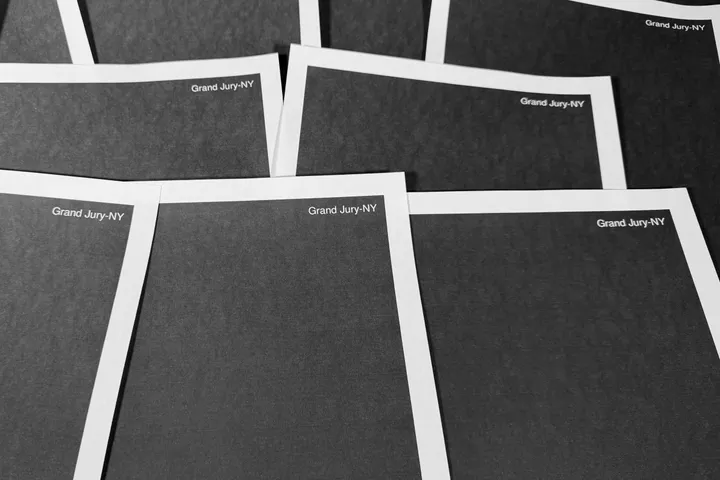In a dramatic escalation of tensions, Israel's right-wing Defence Minister Benny Gantz has threatened operations against Iranian nuclear facilities that "haven't been seen in the past."
The Israeli Chief of Staff, Aviv Kohavi, told the country's Foreign Affairs and Defense Committee in the Knesset that its "accelerating operational planning and preparedness to deal with Iran and the military nuclear threat. Thankfully, the budget that was approved [last week] makes it possible to contend with a variety of threats."
Israeli saber-rattling against Iran comes as the UK, France, Germany, Russia, and China agreed to meet on November 29 to kick-start nuclear negotiations that have stalled since former president Donald Trump pulled Washington out of the 2015 nuclear agreement.
In late October it was revealed that the Israeli Air Force would resume training for a strike on Iranian nuclear facilities.
Israel's Prime Minister Naftali Bennett has vowed that the country will increase military spending in a bid to outspend Iran. Israeli politicians have announced that they want to spend more than $1.5 billion on confronting Iran in the coming years.
A clue of what that may mean in practice was revealed by Gantz, who in recent weeks said that "in the past year we've continued to act against our enemies in missions and secret operations throughout the entire Middle East."
Almost five months after Iran elected Ebrahim Raisi as its new president, a conservative, the Islamic republic agreed to restart negotiations in Vienna about reviving the nuclear deal that the US scuppered during the Trump administration.
Iranian authorities have warned that they don't trust the process, given that Washington reneged on the previous deal.
Attempts to reach a deal could be hampered by the concessions that Tel-Aviv may want to pause attempts to attack Iran.
US President Joe Biden is also facing domestic pressure to secure his electoral agenda amidst a highly polarised political climate, a razor-thin majority in the country's legislative chamber, and infighting amongst his party.
Against this backdrop, Iranian authorities are not hopeful that Biden is politically able to secure a deal that may be politically used against him domestically.
Under the 2015 deal, signed under the Obama administration, Iran agreed to curb its nuclear activities in return for lifting international sanctions.
The International Atomic Energy Agency, which monitored the deal, found Iran in regular compliance with the deal.
The Trump administration, packed with anti-Iranian hawks, accused Tehran of violating the spirit of the deal and reimposed sanctions in an attempt to cripple the country's economy. As a result, in 2018, Trump controversially pulled the US out of the agreement, resulting in Iran restarting its nuclear program, which it says is aimed at peaceful purposes.
























